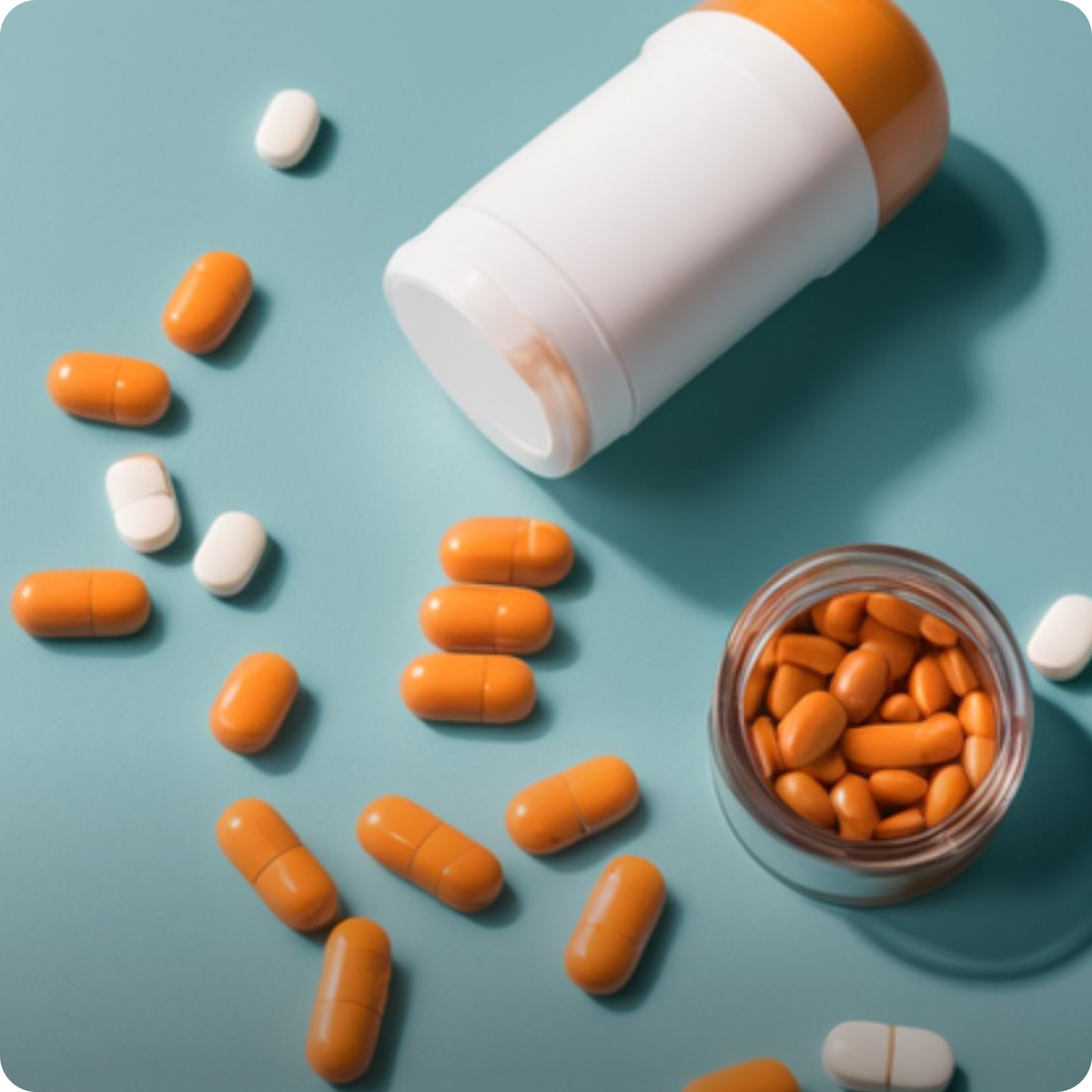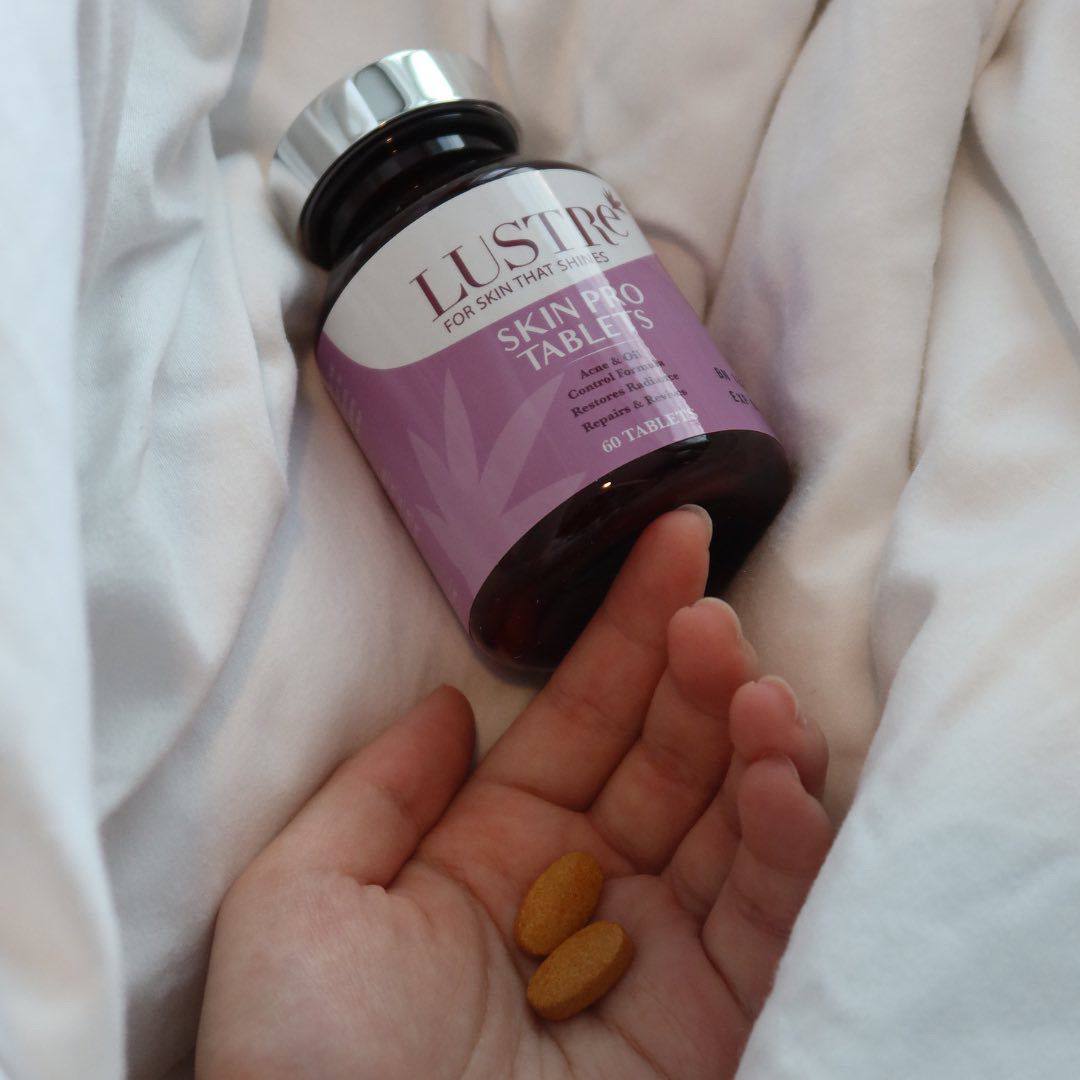Where Did the Spark Go, Bro? How Hormones Quietly Hijack Male Drive (and What You Can Do About It)

Ever had those days where you just feel... flat? Like your energy's off, your motivation’s low, and that confident spark you used to carry? Gone. Maybe your partner's noticed. Maybe you’ve noticed—be it in the bedroom, the gym, or just trying to keep up with life’s daily grind. Before you chalk it up to age, stress, or burnout, let’s talk about something many men never really think about: your hormones.
Hormones aren’t just for women or bodybuilders. They’re the silent regulators of everything from your mood, energy, focus, libido, muscle mass, and even how confident you feel walking into a room. When they’re balanced, you feel like you’re in control. When they’re not—you may not even realize that your body has shifted into low gear.
So, if you’ve been wondering “Where did my drive go?”, you’re not alone. Let’s explore what’s happening under the hood—and what you can actually do about it.
Testosterone: The King Hormone of Male Vitality
Let’s start with the big one. Testosterone is the most well-known male hormone for a reason. It plays a huge role in regulating sex drive, muscle development, fat distribution, energy, red blood cell production, and mood. But the truth is, testosterone levels naturally begin to decline in men starting around their late 20s or early 30s.
Here’s the kicker: the decline is gradual, but its effects are not.
Over time, this hormonal dip can lead to:
• Lower sex drive and performance
• Less morning arousal
• Increase in body fat
• Decreased muscle strength
• Fatigue, no matter how much you rest
• Mood swings or low motivation
Sounds familiar? You’re not alone. And no, it’s not just about age—it’s about hormonal balance.
What Causes Hormone Levels to Drop in Men?
Apart from natural aging, other sneaky culprits include:
• Stress – Cortisol (stress hormone) directly suppresses testosterone
• Poor sleep – Especially less deep, restorative sleep (hello, late-night scrolling)
• Nutritional deficiencies – Low zinc, magnesium, or vitamin D
• Lack of exercise – Especially resistance or strength training
• Too much alcohol or sugar – Major testosterone killers
• Obesity – Fat cells convert testosterone to estrogen, reducing overall T-levels
• Environmental toxins – Plastics (BPA), pesticides, and even some grooming products contain endocrine disruptors that interfere with hormonal signals
The result? You slowly start losing that “spark”—without even realizing why.
It’s Not Just Testosterone—Other Hormones Matter Too
While testosterone gets the spotlight, other hormones like DHEA, cortisol, estrogen, and thyroid hormones play vital roles in how you feel and perform.
For instance, high levels of estrogen (yes, men have it too) can throw your system off balance. If your testosterone is dropping and your estrogen is climbing, you might experience emotional swings, fat gain around the chest and belly, and decreased libido.
Okay, So What Can I Do About It?
Great question—and no, the answer isn’t jumping straight to injections or synthetic hormone treatments unless medically necessary. Here’s what science (and experience) suggest:
• Prioritize quality sleep – Aim for 7–9 hours of deep, uninterrupted sleep.
• Exercise with purpose – Incorporate strength training 3–4 times a week.
• Manage stress levels – Meditation, journaling, or even short breaks can help.
• Cut sugar and alcohol – Especially in the evenings.
• Eat whole foods rich in zinc, magnesium, healthy fats, and protein.
• Stay hydrated and reduce exposure to plastics and chemical-laden products.
But here’s the catch: modern life doesn’t always let us follow the “perfect routine.” That’s where smart supplementation comes into play.
For men looking to support their vitality naturally, consider something designed for your biology and your lifestyle. XTEN Plus is crafted with that exact idea in mind. It combines traditional herbs and key ingredients known to support men’s hormonal health, performance, and energy—especially when you need that little boost to get your spark back.
No hard sell here—just facts: If your system’s running low, it makes sense to give it what it needs.
Is It Just About Sex Drive? Nope. It’s About How You Show Up in Life.
Let’s be real: a drop in libido is frustrating. But the deeper issue is how this hormonal imbalance affects your sense of self—your confidence, your motivation, your ability to feel alive. It touches how you perform at work, how present you are with your partner, and how you move through your day.
It’s not weak to talk about this stuff. In fact, ignoring it is what weakens your long-term vitality.
Here’s How to Know If You Should Take Action
If you relate to two or more of these, it’s time to pay attention:
- I’ve noticed a drop in sexual desire or performance
- I feel more tired or sluggish than I used to
- I have trouble focusing or staying motivated
- I’ve gained fat in areas I never used to
- I feel more moody or emotionally reactive
- My workouts don’t give me the same results as before
- I rarely feel “in the mood” or confident anymore
If that list hits home, you’re not broken. You’re just running on low power—and it’s fixable.
Final Thoughts: Get Your Spark Back, the Smart Way
A man’s vitality is more than just testosterone. It’s the sum of hormones, lifestyle, mindset, and how well your body’s systems communicate. The spark isn’t gone forever—it just needs to be reignited.
Start with small, consistent changes. Stay curious about your health. And if your body’s asking for support, give it tools that work with you, not against you. That might mean better food, smarter rest, and yes, quality support from science-backed supplements like XTEN Plus to help you rise back to your full potential—on your terms.
Because the spark? It’s still there. You just need the right fuel to light it up again.





